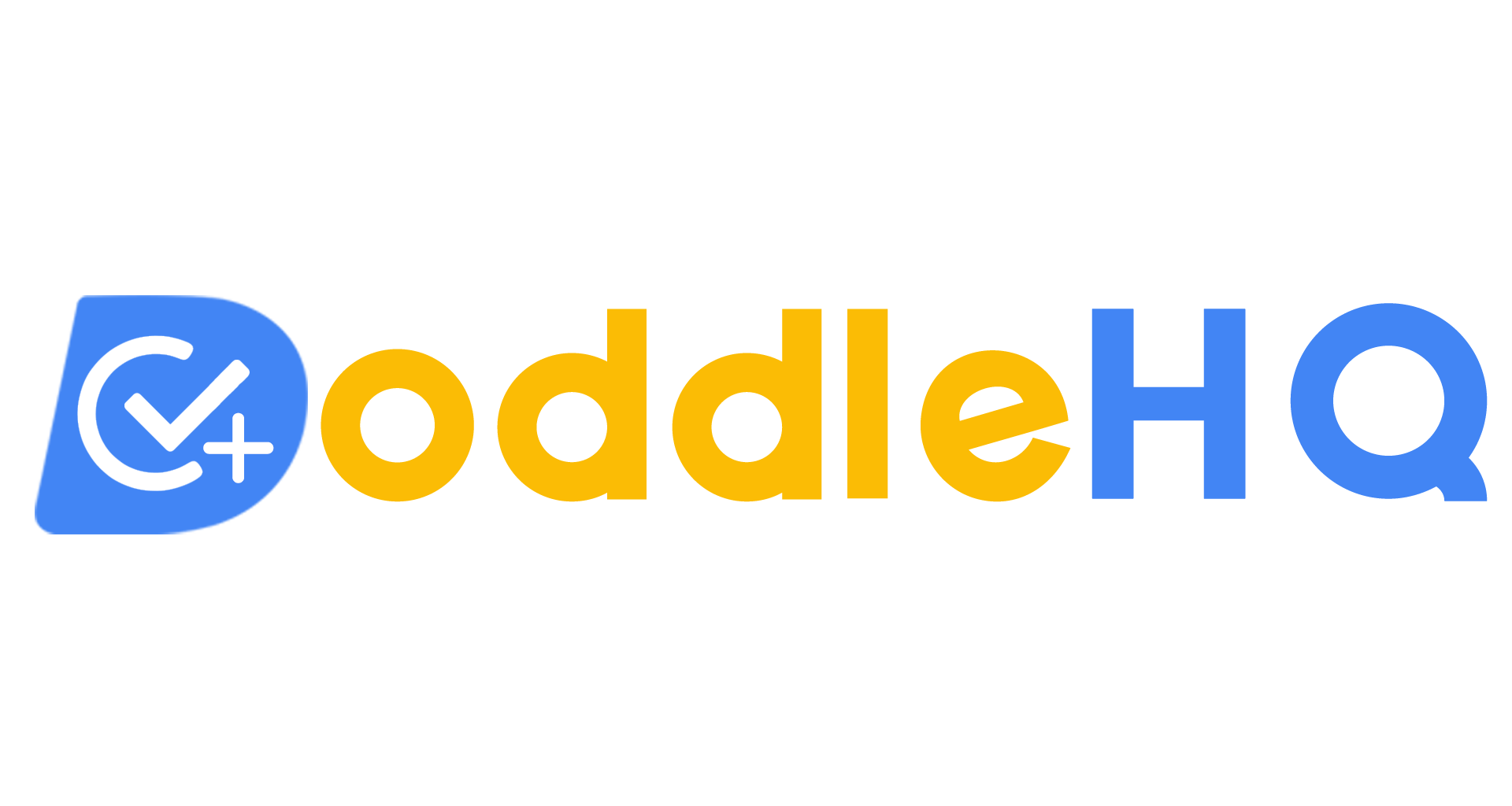Meta Data Checker
A metadata checker is a tool or service that analyzes and verifies metadata associated with various digital assets, such as websites, images, videos, and documents.
What is meta data checker
A metadata checker is a tool or service that analyzes and verifies metadata associated with various digital assets, such as websites, images, videos, and documents. Metadata is data that provides information about other data, and it often includes details like the title, description, keywords, author, creation date, and more.
Uses of Metadata Checkers
- SEO Optimization: In the context of websites, metadata checkers are commonly used to evaluate meta tags (like
<title>,<meta description>, and<meta keywords>) to ensure they are optimized for search engines. - Content Verification: For images and videos, metadata checkers can confirm details such as the format, resolution, creation date, and the device used to capture the media.
- Data Integrity: Metadata checkers can verify that the metadata hasn't been tampered with or altered, which is crucial in fields like digital forensics.
- Accessibility: Ensuring that metadata is correctly used can improve the accessibility of content for users with disabilities, such as providing alternative text for images.
- Content Management: In content management systems, metadata helps in organizing and categorizing content, making it easier to search and retrieve.
Why use meta data checker
Using a metadata checker offers several benefits across various domains, including website management, digital marketing, content creation, and digital forensics. Here are some key reasons to use a metadata checker:
1. SEO Optimization
- Improves Search Rankings: Ensures that meta tags (e.g., title, description, keywords) are optimized for search engines, which can enhance search engine rankings.
- Enhances Click-Through Rates (CTR): Well-crafted metadata can attract more clicks from search engine results pages (SERPs) by providing clear and compelling information.
2. Content Quality and Consistency
- Ensures Accuracy: Verifies that metadata is accurate and consistent, which is essential for maintaining high content quality.
- Avoids Redundancies: Helps in identifying and eliminating redundant or duplicate metadata entries.
3. Compliance and Standards
- Regulatory Compliance: Ensures that metadata complies with industry standards and regulatory requirements (e.g., GDPR for data privacy).
- Accessibility Standards: Checks if metadata supports accessibility guidelines, making content more accessible to users with disabilities.
4. Content Management and Organization
- Efficient Organization: Helps in organizing and categorizing content effectively, making it easier to manage large volumes of digital assets.
- Enhanced Searchability: Improves the searchability and retrieval of content within content management systems (CMS) by providing accurate and detailed metadata.
5. Digital Forensics and Security
- Data Integrity: Verifies that the metadata has not been tampered with, which is crucial for maintaining the integrity of digital evidence.
- Tracking Changes: Identifies any unauthorized changes to metadata, which can be important in forensic investigations.
6. User Experience
- Improved Navigation: Helps users find relevant information quickly by ensuring that metadata is descriptive and accurate.
- Better Content Discovery: Enhances the overall user experience by making content more discoverable and understandable.
